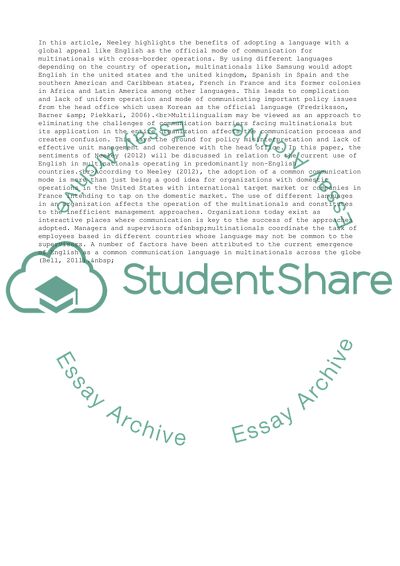Cite this document
(“Contemporary Business Communication and One Language Policy in Busines Essay”, n.d.)
Retrieved from https://studentshare.org/business/1640411-contemporary-business-communication-one-language-policy-in-business
Retrieved from https://studentshare.org/business/1640411-contemporary-business-communication-one-language-policy-in-business
(Contemporary Business Communication and One Language Policy in Busines Essay)
https://studentshare.org/business/1640411-contemporary-business-communication-one-language-policy-in-business.
https://studentshare.org/business/1640411-contemporary-business-communication-one-language-policy-in-business.
“Contemporary Business Communication and One Language Policy in Busines Essay”, n.d. https://studentshare.org/business/1640411-contemporary-business-communication-one-language-policy-in-business.


